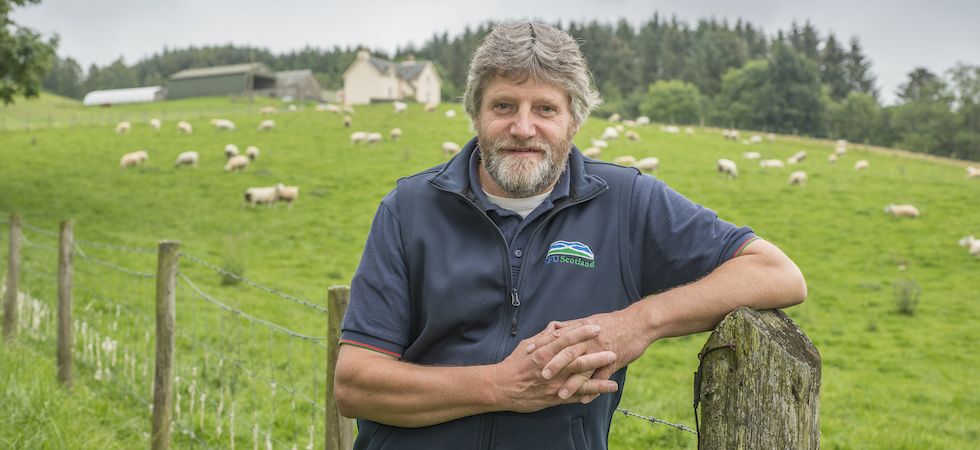NFU Scotland president Martin Kennedy has called on the UK government to make a decision regarding the current energy shortages that will benefit food suppliers and the wider UK supply chain.
Writing in his blog, Kennedy said that it is “time for some tough decisions to be made to resolve the out-of-control energy crisis.”
He explained: “Everyone across all sectors of agriculture and indeed all types of industry are waiting with bated breath on governments to make a decision on what to do about the current out of control energy crisis. The sad reality is they don’t know what to do or it would have been done by now.”
Kennedy said that the issues surrounding energy supply have been exacerbated by the situation in Ukraine. He said: “[It] has brought home the reality of mistakes having been made not just in the last few years, but probably up to about 30 years ago. Over the last 30 years, we have completely disrespected our own high-quality manufacturing in favour of cheaper imports, which hasn’t only put some of our world leading industries out of business, it has also benefitted other countries’ economies at the expense of our own.
“If we’re not careful and we don’t act immediately, I fear we will be too late to rectify this mess, and we will also completely undermine our ability to produce food.”
Kennedy went onto outline his “key asks” to tackle the current situation:
- Maximise at every opportunity to produce power and energy within the UK whether renewable or not, almost regardless of cost
- Build, reinstate or take over fertiliser plants to become as near self-sufficient in fertiliser as possible to maximise food security
- Stop allowing energy companies to export for profit whilst there is a shortage in the UK. This could be a short-term measure, three to five years until more home produced power is available and would be more accepting than forcing a windfall tax
- Start to look at developing a carbon border adjustment mechanism (CBAM) similar to what the EU is looking at to create a level playing field when it comes to trade.
He added: “The first two [asks] will be costly but again looking at it from a business point of view this is about investing in the country for the long-term benefit of us all, so as any business would do you look to restructure the payback of that investment over a period of time. The third one will require legislative change. The fourth would require a more in depth look at the many variables involved.”









